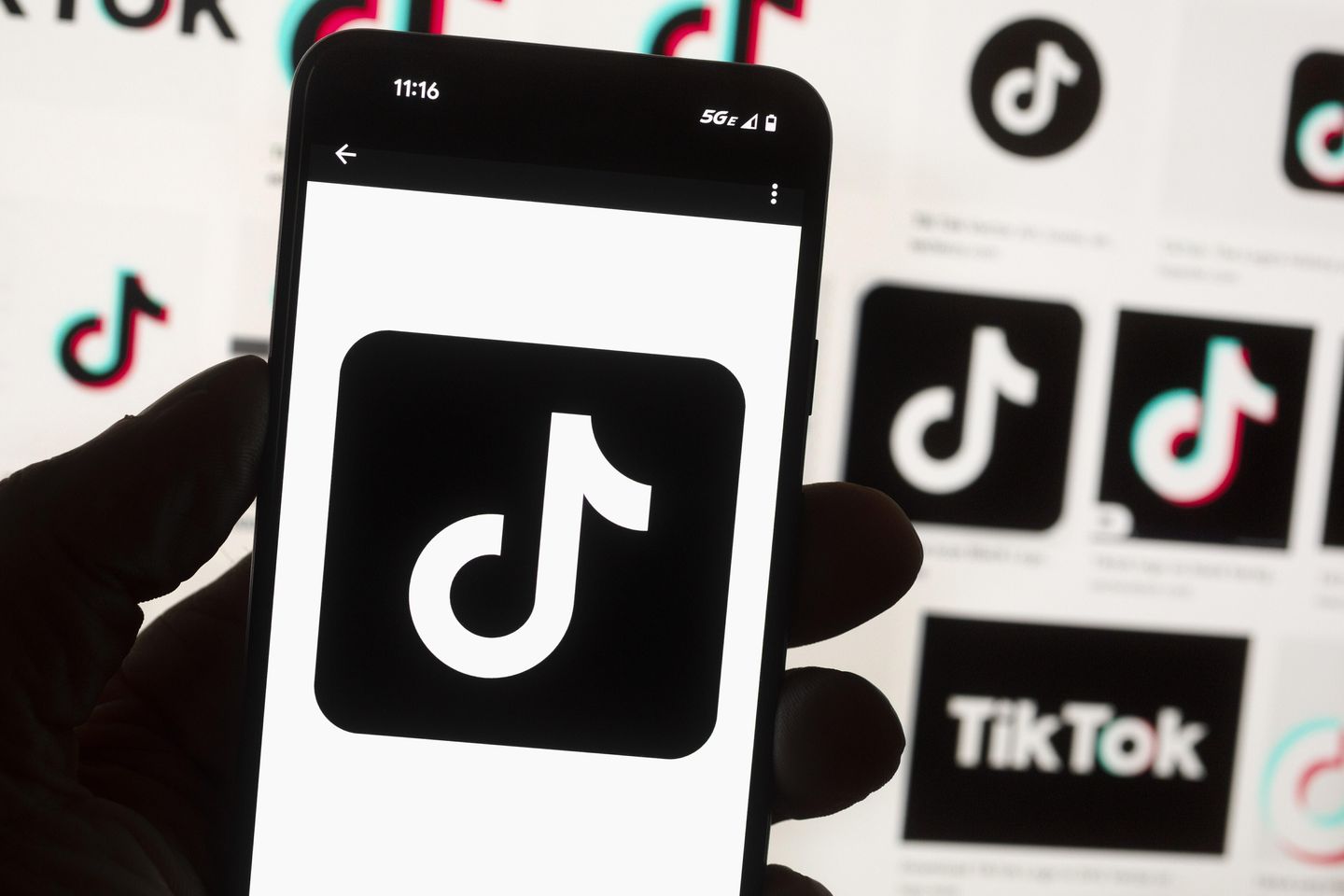
The Trump administration and China have reached an agreement to keep the popular social video platform TikTok running in the U.S., administration officials announced Monday.
This deal marks the end of a yearlong endeavor that began during President Trump’s first term to switch the platform to ownership in the U.S.
Treasury Secretary Scott Bessent said that a framework deal has been reached, and Mr. Trump will meet with Chinese leader Xi Jinping Friday to finalize the deal. He provided no details about new ownership for TikTok.
“President Trump played a role in this, we had a call with him last night, we had specific guidance from him we shared it with our Chinese counterparts,” Mr. Bessent said in Madrid. “Without his leadership and the leverage he provides, we would not have been able to include the deal today.”
Mr. Bessent said that the objective of the framework deal on the social media platform would be to switch to U.S. ownership.
“We are not going to talk about the commercial terms of the deal,” Mr. Bessent said. “It’s between two private parties. But the commercial terms have been agreed upon.”
Diplomats from the U.S. and China have met this week in Spain to negotiate trade and other issues.
“We were very focused on TikTok and making sure that it was a deal that is fair for the Chinese and completely respects US national security concerns, and that’s the deal we reached,” Mr. Bessent said. “And of course, we want to ensure that the Chinese have a fair, invested environment in the United States, but always that U.S. national security comes first.”
Mr. Bessent made his statement after Mr. Trump announced the deal on Truth Social early Monday morning.
“The big Trade Meeting in Europe between The United States of America, and China, has gone VERY WELL! It will be concluding shortly,” Mr. Trump said in the post.
“A deal was also reached on a ‘certain’ company that young people in our Country very much wanted to save. They will be very happy! I will be speaking to President Xi on Friday. The relationship remains a very strong one!!!”
Congress passed bipartisan legislation signed by President Biden banning TikTok unless its China-based owner sold its U.S. stake. The popular social media company temporarily shut down on Jan. 18, one day before the Foreign Adversary Controlled Applications Act went into effect.
However, on Jan. 19, one day before Mr. Trump was sworn into office for a second term, he announced that he would sign an executive action guaranteeing that American companies would not face penalties for hosting TikTok on their app stores or servers.
On Jan. 20, he signed an executive order delaying enforcement of the law for 75 days and subsequently extended the deadline again to June, and then to Sept. 17.
Given Mr. Trump’s determination to strike a deal, he was expected to postpone the deadline again if an agreement was not met.
Mr. Trump, toward the end of his first term, supported banning TikTok, but his stance on the social media platform changed after he viewed the app as helping him win in 2024.
TikTok is one of more than 100 apps developed in the past decade by ByteDance, a technology firm founded in 2012 by Chinese entrepreneur Zhang Yiming and headquartered in Beijing’s northwestern Haidian district.
In 2016, ByteDance launched a short-form video platform called Douyin in China and followed up with an international version called TikTok. It then bought Musical.ly, a lip-syncing platform popular with teens in the U.S. and Europe, and combined it with TikTok while keeping the app separate from Douyin.
Soon after, the app boomed in popularity in the U.S. and many other countries, becoming the first Chinese platform to make serious inroads in the West. Unlike other social media platforms that focused on cultivating connections among users, TikTok tailored content to people’s interests.
The often silly videos and music clips content creators posted gave TikTok an image as a sunny corner of the internet where users could find fun and a sense of authenticity. Finding an audience on the platform helped launch the careers of music artists like Lil Nas X.
TikTok gained more traction during the shutdowns of the COVID-19 pandemic, when short dances that went viral became a mainstay of the app. To better compete, Instagram and YouTube eventually came out with their own tools for making short-form videos, respectively known as Reels and Shorts. By that point, TikTok was a bona fide hit.
Challenges came in tandem with TikTok’s success. U.S. officials expressed concerns about the company’s roots and ownership, pointing to laws in China that require Chinese companies to hand over data requested by the government. Another concern became the proprietary algorithm that populates what users see on the app.
• This article is based in part on wire service reports.















